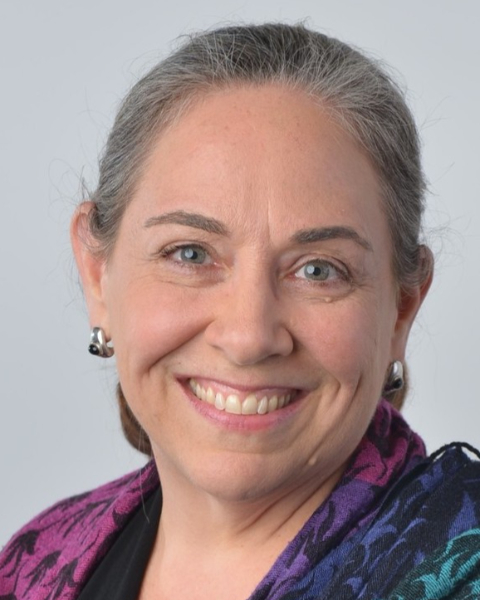Aging and Older Adults
Advancing Interest in Aging-Related Professional Training: Testing Support for Levy’s (2016) PEACE Model
(PS10-2) Advancing Interest in Aging-related Professional Training: Testing Support for Levy’s (2016) PEACE Model
- AB
Amy E. Band, B.A.
Graduate Student
University of Missouri
St Louis, Missouri, United States 
Ann M. Steffen, ABPP, Ph.D.
Professor
University of Missouri-St. Louis
St. Louis, Missouri, United States
Author(s)
Co-Author(s)
One in two people hold negative beliefs and stereotypes about older individuals (World Health Organization, 2021). Older adults are vital members of our communities yet are underserved by behavioral health care providers who lack training in working with this population. There is a severe disparity between demand for services and access to providers specially trained to provide appropriate and effective services to older adults in the United States (Moye et al., 2019). The Positive Education about Aging and Contact Experiences Model (PEACE, Levy, 2016) aims to reduce negative ageism through two complementary routes: positive contact and education. According to this theory, access to factually correct information about aging and positively valanced personal experiences with older adults reduces held stigmas and stereotypes. These in turn lead to greater interest in and openness to working with older adults in professional settings. The PEACE Model holds promise for reducing the presence and impact of ageism among behavioral healthcare professionals.
The current study tested support for Levy’s (2016) PEACE model in a sample of psychologists in the United States and hypothesized that aging-related knowledge and exposure to older adults (both in clinical practice and personal life) predict interest in further professional training in this area. Participants (N=250) were from a pool of 800 licensed psychologists in Texas and California randomly selected from state licensing registries (31% response rate). Data were collected via mailed-in or online survey in late 2023 and early 2024 as part of a larger study.
The data generally support the PEACE Model; a hierarchical linear regression examined interest in future aging-related training as predicted by Block 1: Aging Facts Quiz (Breytspraak et al., 2015) and Later-Life Depression Knowledge Questionnaire (Laine et al., under review), and Block 2: personal and professional contact with older adults. Participants’ aging-related knowledge scores were positively associated with interest in aging-related professional training (F(1, 248) = 3.989, p = .047, Adjusted R2 = .012, R2 change = .016, β = .126). Amount of personal exposure to older adults, valence of that exposure, and number of direct clinical service hours with older adults per week also predicted higher interest in aging-related professional training (F(3, 245) = 10.21, p< .001, Adjusted R2 = .111, R2 change = .109).
When examining the individual variables in the final model, only direct clinical service hours with older adults (β=.248, p< .001) and amount personal exposure to older adults (β= .136, p=.037) remained significant predictors of interest in aging-related professional training. Scores on aging-related questionnaires remained marginally significant (β= .118, p=.051), however the valence of personal exposure to older adults failed to reach significance (β=.093, p=.155). These findings suggest that greater exposure, both professionally and personally, positively predicts licensed psychologists’ interests in aging-related professional training and may be powerful ways to counteract the ageism that is pervasive in our society.

.png)
